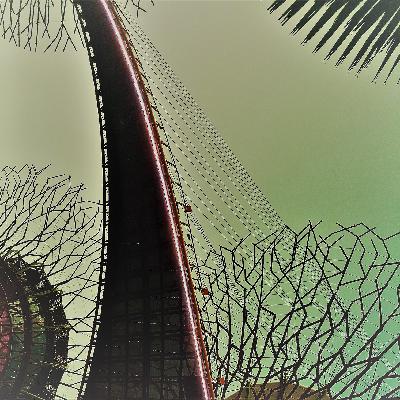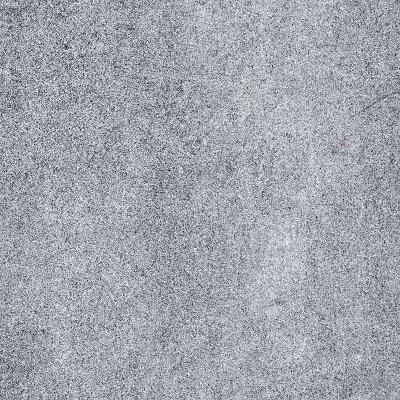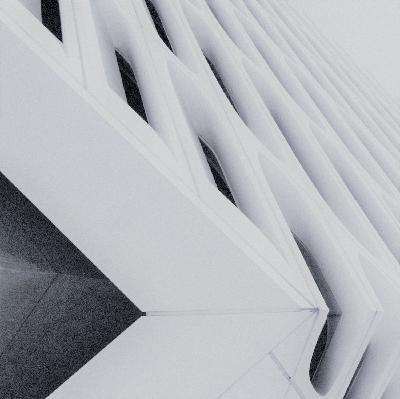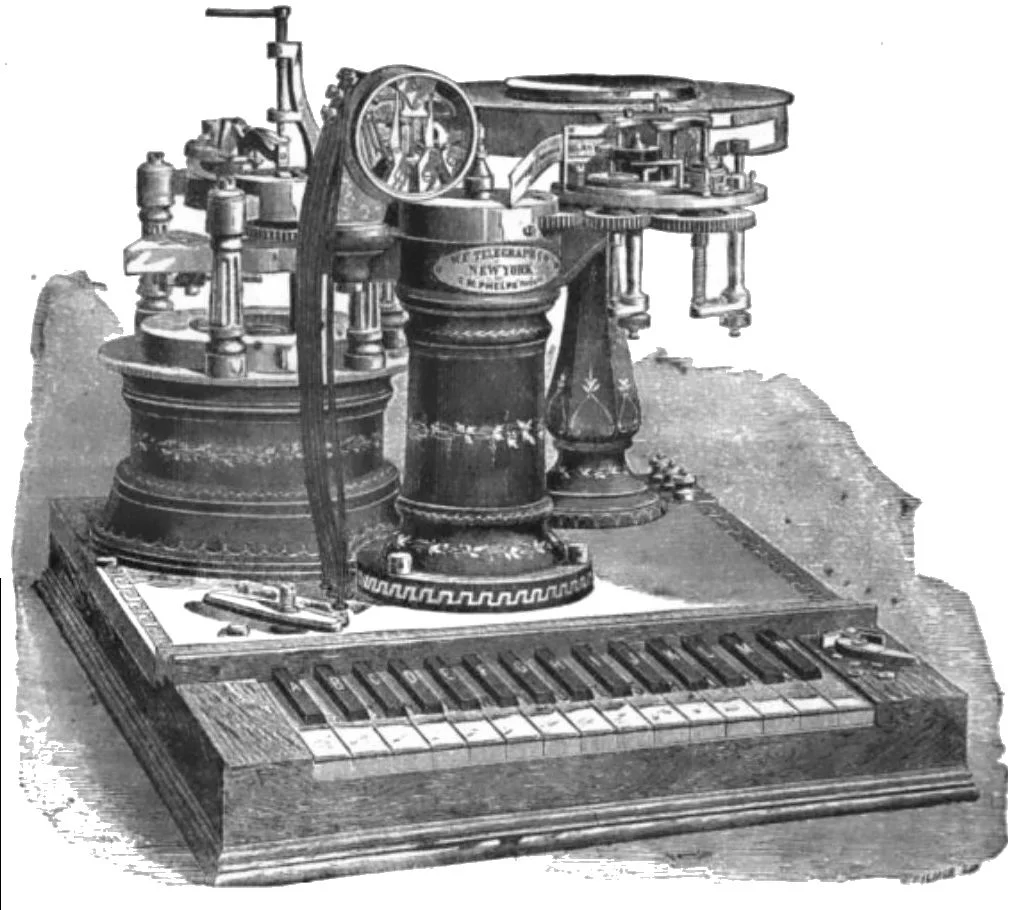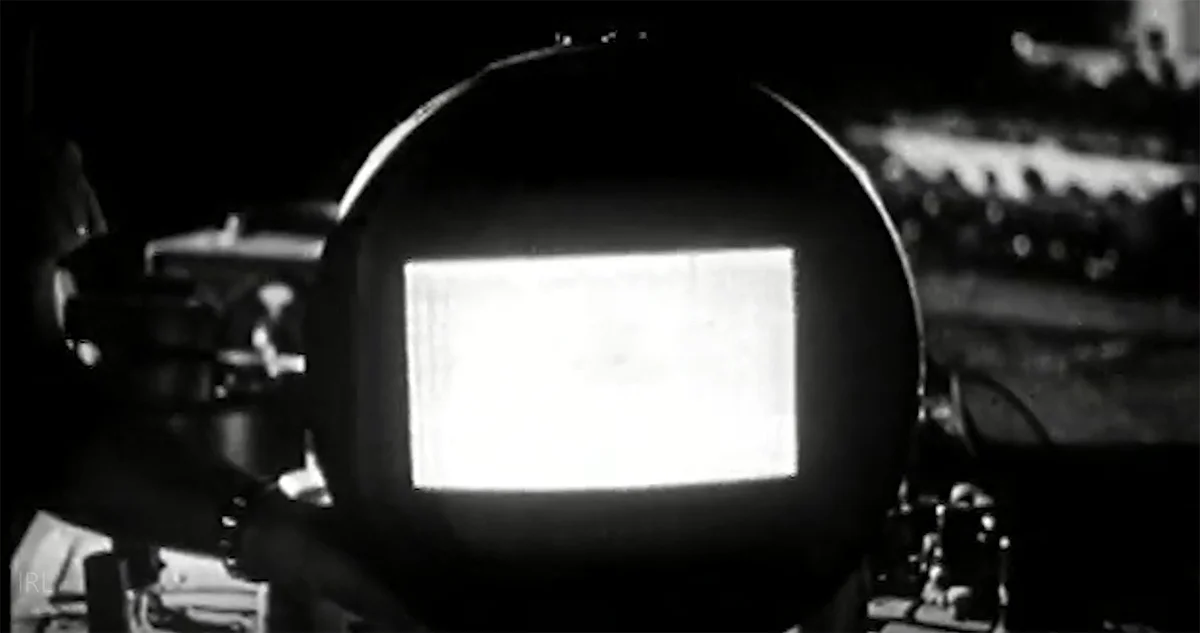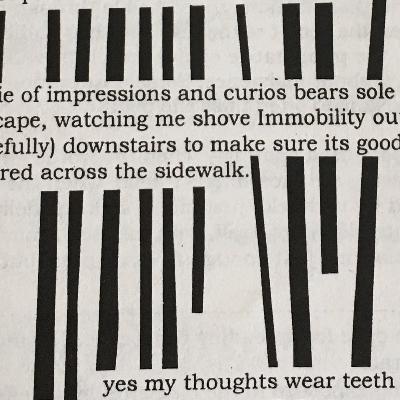Samples from Anodyne - "High explosive bombs."
Description
sqs-block-image-figure
intrinsic
">

</figure>
post·script
ˈpōs(t)ˌskript/
noun
an additional remark at the end of a letter, after the signature and introduced by “P.S.”.
“Leaving tomorrow.”
Tape Extracts:
Garrett Tiedemann: The kid with sign thing. High explosive bombs. So where did this whole thing start? I don't really remember. Suddenly though in the middle of my busiest and evilest school semester ever I found myself wanting to do this project. Never thought of a name for it beside the obvious kids with sign game.
I must apologize for the shrinkage and lack of color in the reproductions of all the replies. Also a warning I decided to print all addresses of those who responded and I encourage you to communicate with anyone if you are particularly angered, delighted, offended, intrigued, turned on, or otherwise stimulated by any specific entry.
I have been asked why too much.
Honestly I launched this whole project for the sake of doing it. It's really the only reason. At one point I realized that it was pretty interesting to see where everyone was at in their own heads, but from the beginning it was spontaneous. If anything, my insomnia coupled with the proximity of Kinko's to my house contributed the most to the creation of the entire thing. It's a little sad how many didn't understand the absence of a motive. Anyway, I hope the kids with sign game is as entertaining and confusing for you as it has been for me. If not, well, I'm sorry you're missing out. And of course thank you to all replied because see, it would have been impossible without you.
Simon Roche: So this was another thing to do and I wanted it. No, I want to make some time for that and have a think about it and I didn't, so when it eventually came, Look I better just send this back, I'm just going to write something, no one is going to see it anyway. I just wrote that down and I kind of wrote it going. I've written Julie a couple of letters, and I've never met her, so we have a nice little rapport in letters that is kind of nearly a little, it's almost confessional, certainly for me anyway, and I just found it really nice that you could just write to somebody you haven't met but you feel like you know them in letters and it's a bit easier than saying it to them. So, I think it just poured out of me and I went yeah, yeah great. And Julie reads it and maybe she puts it on a web site, but like 10 people might see it and they're not going to read mine. So, you know, in a way it was nice to not worry about it that much but now it's out there I guess.
Garrett: I like to imagine it redone as the pool table.
Contents. Watch yourself. The invitation should be worded.
Unidentified Child: Wouldn't it be silly if we lived in a light bulb? It would be as hot as a desert.
Angeline Gragásin: You know, I realize that what I had sent in was a statement. And I meant it earnestly, but and then seeing the images I realize that I could have taken a more playful approach. If in my head the to do item was draw a picture, I would have taken a completely different approach to composing an image than I would have to writing a statement.
Charles Bukowski (archive tape): Do I know you?
Tania Ketenjian: If you look at something, a contribution within the context of other contributions, it's inevitable that you're going to be like, hmm maybe I should have put in something else or. I mean how often do you say oh my god that was the perfect i did such a great job, that was the perfect contribution.
Allyson McCabe: So when you're thinking about the difference between how you construct a persona on social media versus how you construct a zine persona, they're really different. In a number of respects. But, one of the aspects in which they're different is the idea that in a social media situation you're looking to sanitize your image, present a kind of constructed self that's always happy, successful, smiling, or has just posted something important, you know whatever that may be. Whereas in the zine there's much more of an emphasis on the idea that you're you're creating kind of aesthetic, a kind of sub-community or cultural community statement, you kind of recede a little bit behind that. And I think that's a space that a lot of people feel more comfortable in. I would say a lot of radio producers feel more comfortable in.
[Intro Break]
Garrett: Samples from Anodyn. Anything that's not a mystery is just guess work.
Julie: I think my entree into the radio world had a lot to do with my zine because I had, you know, it was all I had really. I didn't have a portfolio of any clips or radio stories that I'd ever produced because I had no media training. But when I applied for an internship, when I started applying for internships, and got an interview at WUNC, the News Director asked me, in a very kind of dramatic way he pulled my zine out from under the desk and was like how do we turn this into radio. And in that moment I was like, oh god I have no idea but I'm interested. So it was something that he identified as like well this was kind of becoming, radio was becoming a more creative playground for narrative storytelling. And he saw a connection there that I wasn't necessarily making at the time, I was just like well this something I made my own stick it in there so people think I have initiative. But, I think about that a lot because I think a lot of what I've been drawn to and the culture that we've created through Third Coast and now what Radiotopia is all about, and even like the spirit of PRX; everything I've been involved with has, makes sense that there's some DNA from the zine, that zine kind of, the drive to make that has driven me to do everything else I've done since then.
Miyuki Jokiranta: I didn't really know what I would write and I didn't really know what other people were writing. I hadn't really seen anything posted yet. And I loved this idea that if I didn't peak, then potentially I would be revealed amongst a whole bunch of ideas and thoughts and images at the same time. And that that revelation could potentially say something, suggest something, present something.
Allyson: I was excited about it, you know. As soon as I saw the posting she asked people to send their physical addresses if they wanted to get the prompt and then they would get the zine. So that was step one. Being excited about that. And then step two was when it actually came and I saw what the prompt was, there's that moment of excitement, and again I think probably because I'm older, but there was this sort of moment where I was like oh what you know what can I come up with as opposed to just maybe, earlier in life I would just put in any little snarky statement and see if it would fly. I think also your name is on it. You know that's something that's really different.
Garrett: Before. I left there and somehow ended up here. There were no directions back then, there was no intention beyond investigation. We followed signs and arrows and indicators lazily which led us into different directions, ultimately. After. Solo then, but not solo. The original not from concentrate. Shake well then mitigate.
Julie: So then the counter's, you know, like you could just whack your counter a few times and it would go back to zero. You wouldn't have to pay anything. So, anyway there are all these tricks of the trade. And that, the process for me has always been a huge part of it.
I just remember this garish, very bright white lighting. Not that conducive to intimate, poetic, expressive. I mean I wouldn't write there. I guess that's where the assembly took place.
Unknown Male (archive tape): Printing is essential to all education. All the other arts rely on it. Religious Movements depend on it. Business could not function without it. Nor could government. Because of the need for printed matter in practically all of man's activities, printing now ranks fourth among the nation's great industries.
Julie: I don't even remember the writing of it all that well, I mean I would have,, I think some of the first episode, episodes there I go again. Some of the first issues were typed out on like a word processor. Before I even had a PC and I can remember. Yeah I remember I had this amazing word processor that I always kept calling a food processor, that was like a weird semantic glitch for me. And it had five fonts. I remember it was so cool to switch between these five font choices on the word processor and I did a lot of writing on that. I remember it being kind of trusty friend in those times.
Garrett (on phone): OK. Did the ability to do that and that sort of fun-ness inform some of the design layout and everything because you incorporate a whole lot of different sort of textural things with the fonts and layouts and stuff written, or not really? <


